And what in ACORE's report? This
- Require every state to set a renewable energy standard under federal law. This will require states to pay increased prices for renewables, even if they are more expensive than conventional sources of energy.
- Provide new, perpetual federal tax credits to renewable energy, so it can appear to be "cheaper."
- Charge federal penalties to sources of energy that contain "carbon" so that these sources of energy become more expensive than the expensive renewable sources.
- Supersize the electric transmission network to provide free transportation for more renewable energy.
But, the climate, the planet, civilization, for goodness sake! Oh, the humanity!
How much good would this plan actually do? ACORE's basis for this is full of holes.
The U.S. accounts for 15% of the world’s total GHG emissions, making it the world’s second largest emitter.
Only 28% of U.S. GHG emissions are attributable to the electricity sector.
Today, 22% of America’s 1,047.6 gigawatt (GW) utility-scale, electric generation capacity is renewable, while 67% of our electrical capacity produces GHG emissions. In 2050, the U.S. Energy Information Administration projects that 60% of the generation mix will still produce GHG emissions. Replacing this projected emitting capacity with pollution-free renewable power will require nearly 30 GW of additional renewable capacity each year between 2020 and 2050, a roughly 50% increase above the current growth rate of U.S. renewables.
But wait... there's more!
About those new, permanent tax credits for renewables:
Qualifying technologies should include all current and future resources that meet emissions criteria, including enabling technologies like energy storage and expanded interstate, high-voltage transmission that accesses clean energy resources.
The electricity title of the Clean Energy for America Act (S. 1288) would provide a minimum credit to any clean electricity facility that is at least 35 percent cleaner than the national average, with zero-emissions facilities receiving a production tax credit of up to 2.4 cents per kWh or an investment tax credit of up to 30%, at the election of the taxpayer. The PTC would be available for ten years after the facility is placed in service, and the credit in its entirety would phase out when emissions from the electricity sector fall to 50% below 2019 levels. Additionally, the Clean Energy for America Act would repeal a range of existing preferential incentives for fossil fuel companies, including the expensing of intangible drilling costs, percentage depletion, deductions for tertiary injectants, and credits for enhanced oil recovery and marginal oil wells.
And here's the big thing... tax credits for generators and transmission owners mean they pay less taxes. If they pay less taxes, WE pay MORE taxes to make up the difference. So it's not like these "credits" actually make the energy any cheaper, we just pay for the energy in our tax bill instead of our electric bill. The end game here is that electricity will get even MORE expensive.
And just to make sure renewables appear to be "cheaper", let's remove any existing credits for conventional generation, and then add "carbon" penalties to them.
But all this pretend "cheapness" might end up being more expensive for "the poor." Oh, look, it's Renewable Robin Hood!
Since energy is an unavoidable expense, putting a price on carbon could also, at least initially, have a disparate impact on lower-income households. To prevent that outcome, any equitable carbon pricing program should be designed to avoid economic regressivity. One possible solution is to return revenue from carbon pricing to citizens in the form of a pro-rata carbon “dividend.”
And then let's bring back the NIETCs that big green accidentally killed in 2011 when they were being used to justify new transmission for fossil fuels, except now we'll use them to usurp state authority to site new transmission for our wondrous "clean" energy transmission.
Additionally, Congress should clarify federal backstop siting authority by restoring Congressional intent of the Energy Policy Act of 2005, which would encourage and accelerate investment and development of needed transmission infrastructure when that infrastructure is in the national interest and advances the objectives of a comprehensive climate plan.
Guess what? NIETCs didn't work the first time. They won't work this time, either. Transmission siting and permitting is state jurisdictional, and that's never going to change. There's simply nothing ACORE or Congress can do to usurp state authority over transmission.
This report is a swamp clown horror show! It will make electricity so expensive that we can't afford it. Well, if we sit in the dark, I guess that will take care of a very, very small percentage of carbon emissions.
We can't afford the "CLEAN Future Act" and we can't afford ACORE's pie-in-the-sky recommendations. Where's Batman when you need him?

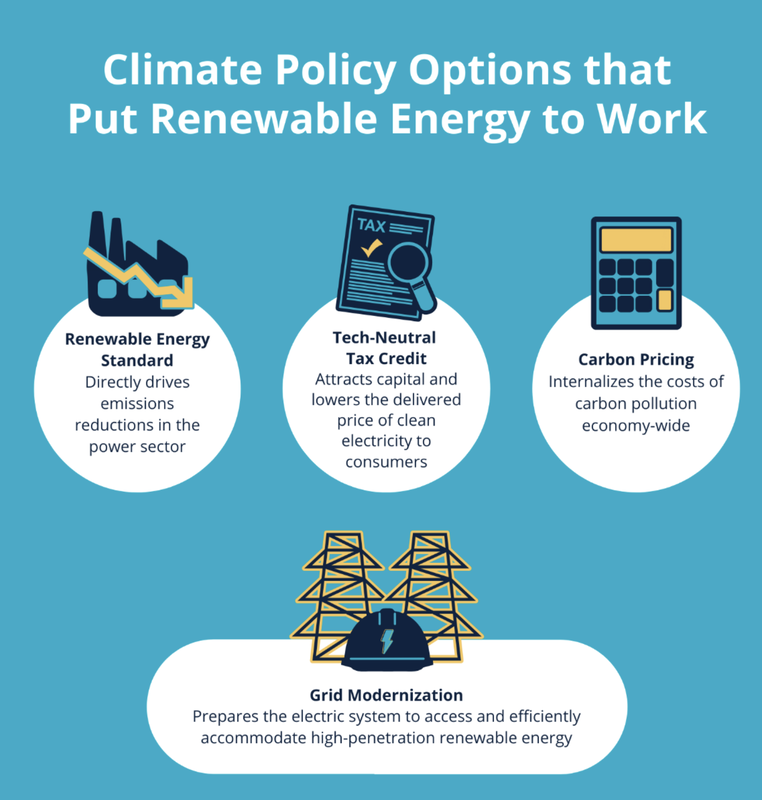

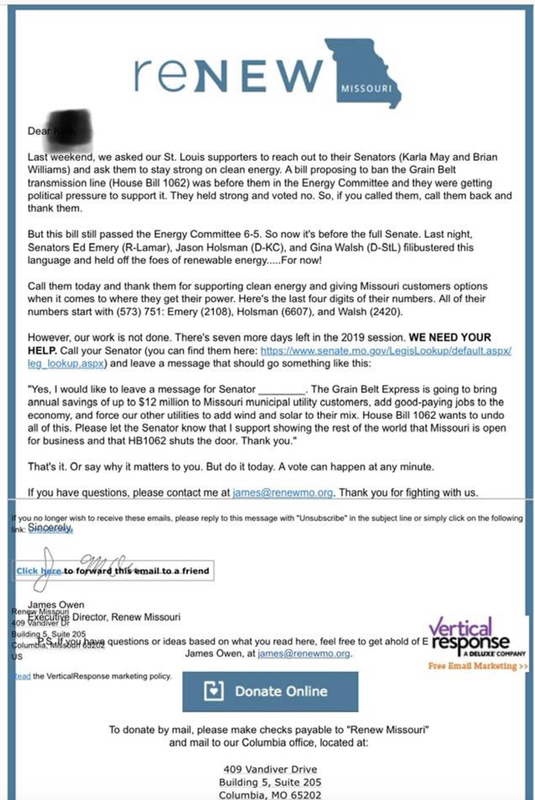
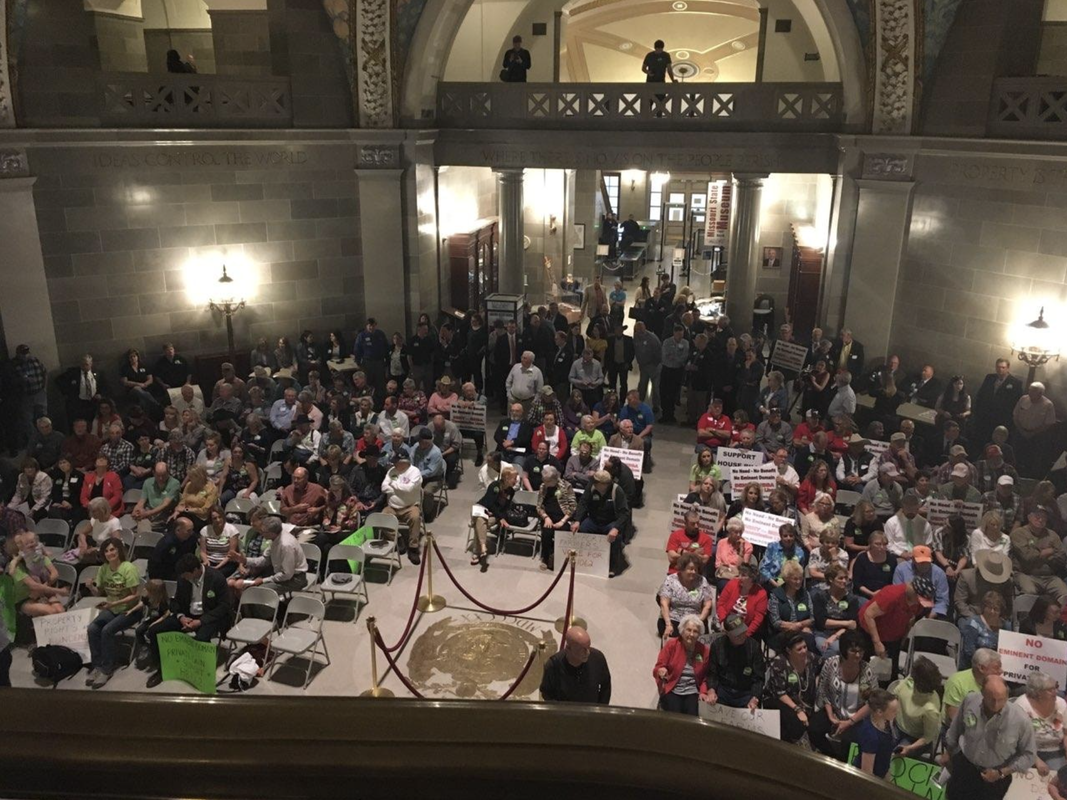
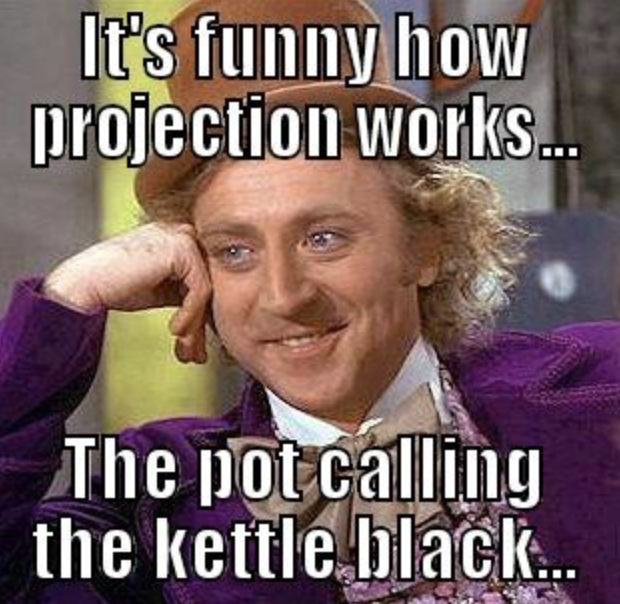
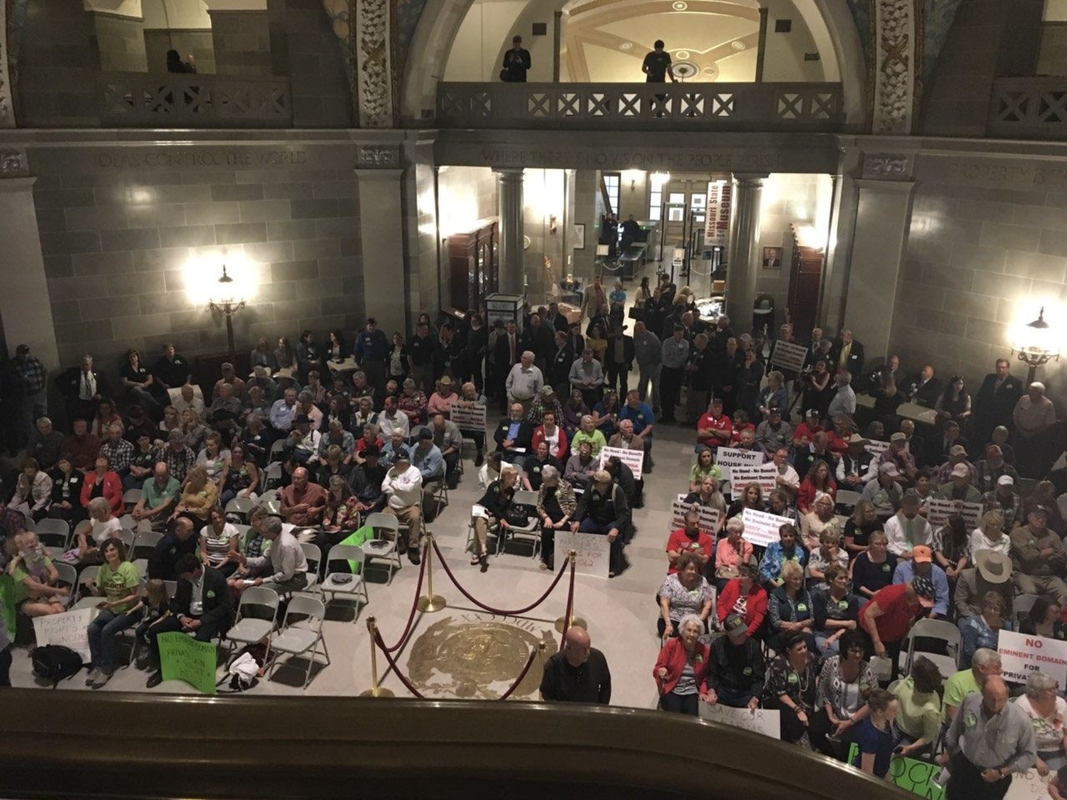
 RSS Feed
RSS Feed